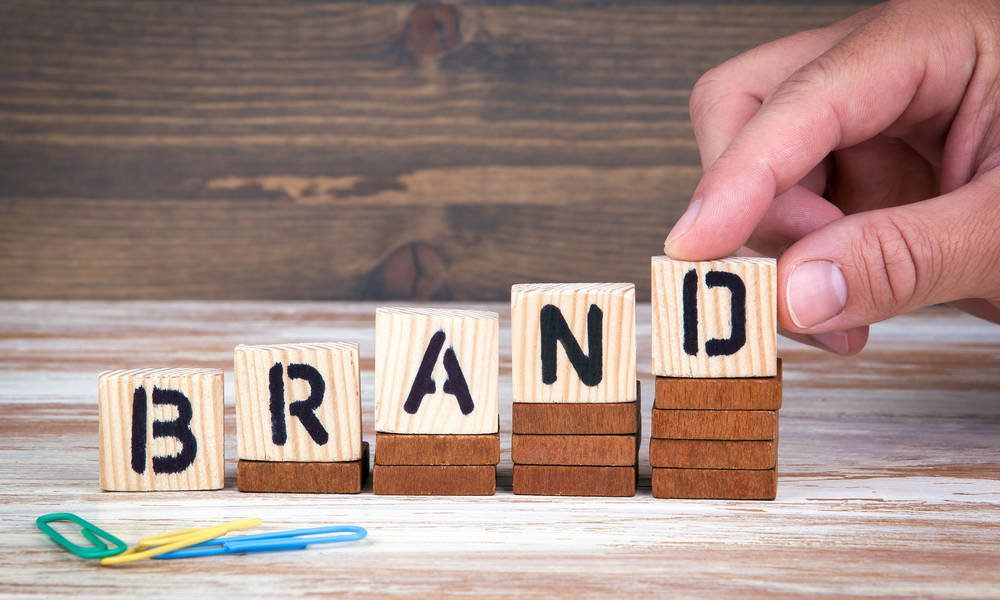
#ASAE19: Strengthen Your Personal Brand
Even if your resume is in order and your LinkedIn profile is up to date, you may be missing the emotional element of a strong personal brand. It can set you apart in the job market.
Whether you’re actively job hunting or serendipity brings you a great career opportunity, stop and ask yourself an important question: Is your personal brand ready?
Career coach Pamela J. Green says professionals in every career stage make the mistake of conveying different impressions in the three ways they present themselves to potential employers—on their resume, in person, and online. The result: a brand that’s out of whack.
Many professionals whom Green coaches suffer from this malady. “Then they wonder why they’re not getting picked up” for job opportunities, she says. “It’s because they’re sending three different signals, and we need to make sure that all of those things connect and that they’re saying the same thing.”
Green, author of Think Like a Brand: A 7-Step Strategic Brand Plan to Increase Your Career Satisfaction and Success, is one of several Association CareerHQ coaches meeting with attendees at the ASAE Annual Meeting & Exposition in Columbus this week. She describes a personal brand as “the emotional experience you want people to have as a result of interacting with you.”
Using herself as an example, Green says that if she’s properly focused on her brand, “I’m going to be intentional in how I show up in every interaction that I have, and I’m going to be very aware of my impression and my impact on other people, because I want them to have this type of emotional connection to me.”
And while you might describe yourself to colleagues and potential employers with attributes—experienced, polished, problem solver, thought leader—your brand is about emotion.
“It’s how you make others feel about themselves,” Green says. “If I’m having a conversation with you and I make it all about me, I’m ignoring who you are. That’s the worst mistake that people can make.” Instead, the focus should be on “how I make the other person feel better about herself after interacting with me.“
For a job interview, if that sounds like a role reversal, it is. “If I’m interviewing, I want the company to know I’m just as interested in them as they might be in me,” Green says.
She advises being prepared to ask questions that turn the conversation to the interviewer or employer. For example, ask, “What are some of the challenges that this position is going to face? What are some of the exciting things about working for your organization?”
That kind of two-way conversation begins to forge a connection, Green says. And “it’s the emotional connection that makes your brand memorable or not.”
(tumsasedgars/iStock/Getty Images Plus)






Comments